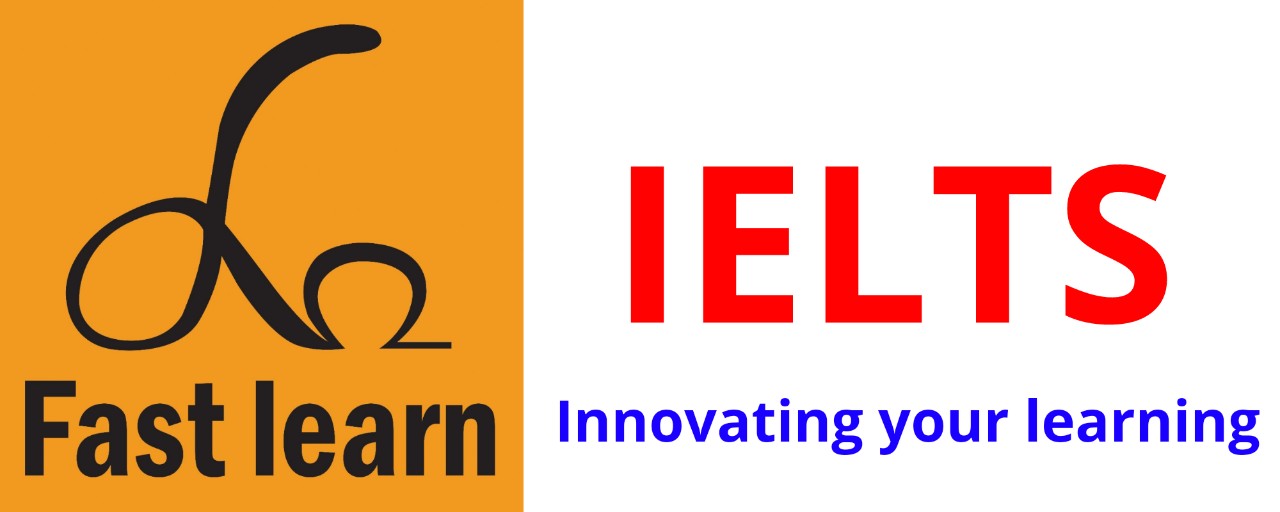INTRODUCTION FOR IELTS WRITING TASK 2 – PART 2
Following are the examples of pairs of introductions for 5 more writing questions. For theories and more sample introduction of IELTS Writing Task 2, see the previous post.
Question 6:
New technologies have changed the way children spend their free time. Do the advantages of this outweigh the disadvantages?
Introduction 1:
The advent of smart phones, iPads, social media, and console games has transformed child entertainment from physical to electronic. There are also some benefits to this trend, but in total, I believe the negatives outweigh the positives on this issue.
Introduction 2:
The development of technology provides more choices for child entertainment, including online games and interactions. This phenomenon, in my opinion, creates more drawbacks than benefits for children.
Question 7: It is more important for schoolchildren to learn their own local history than world history. Do you agree or disagree?
Introduction 1:
History provides knowledge of past events of nations, giving students the understanding of what has formed the country they are living in. Therefore, some assert that national history is more important for students to learn than global history. I stand on their side in this argument.
Introduction 2:
The importance of history as a required subject at school is undisputable, but when it comes to national and world history, opinions differ on which one takes precedence. Personally, I see more importance in knowing local history than global history.
Question 8
: Children are experiencing increased educational and social pressures. What are the causes and solutions?
Introduction 1:
Children are victims of increasing stress from school work and social life. There are many causes for this problem; however, with coordination among families, schools, and society, this pressure can be effectively ameliorated.
Introduction 2:
Autism or depression are increasingly common in children around the world today. These conditions are examples of extreme cases of stress from the education and society. I believe causes of such pressures should be identified and measures to relieve the tension should be jointly implemented among families, schools, and society.
Question 9: Among global citizens, there is a general increase in anti-social behaviors and lack of respect for others. What are the causes and solutions?
Introduction 1:
Our world mourns the way in which people are turning against each other, becoming increasingly anti-social and disrespectful towards each other. Some reasons for this polarization can be traced to poor education, global injustice, and trauma. I believe that solutions are not beyond our reach.
Introduction 2:
Scenes of conflict and fighting mushroom on the social media these days, indicating a rise in negative behaviours and disrespect among global citizens. This phenomenon has its roots in poor education, injustice, and trauma; once these problems are clearly named, people can move to seeking remedies.
Question 10: For young people, overwhelming emphasis is placed on going to university for academic study. Because we lack enough qualified tradespeople such as electricians or plumbers, young people should also be encouraged to consider vocational training. To what extent do you agree or disagree?
Introduction 1:
The imbalance in the workforce of many countries reveals a glut of intellectual workers and a lack of qualified manual laborers. Because of this trend in the labour market, I strongly believe that students should be guided to consider vocational training as a career.
Introduction 2:
The ultimate goal of education is to equip students with skills to work. However, the prevalence of intellectual workers over manual laborers in the current market has lead to an imbalanced workforce in many countries. I am confident that this problem can be resolved if high school graduates are encouraged to also consider vocational schooling, not just university training.
